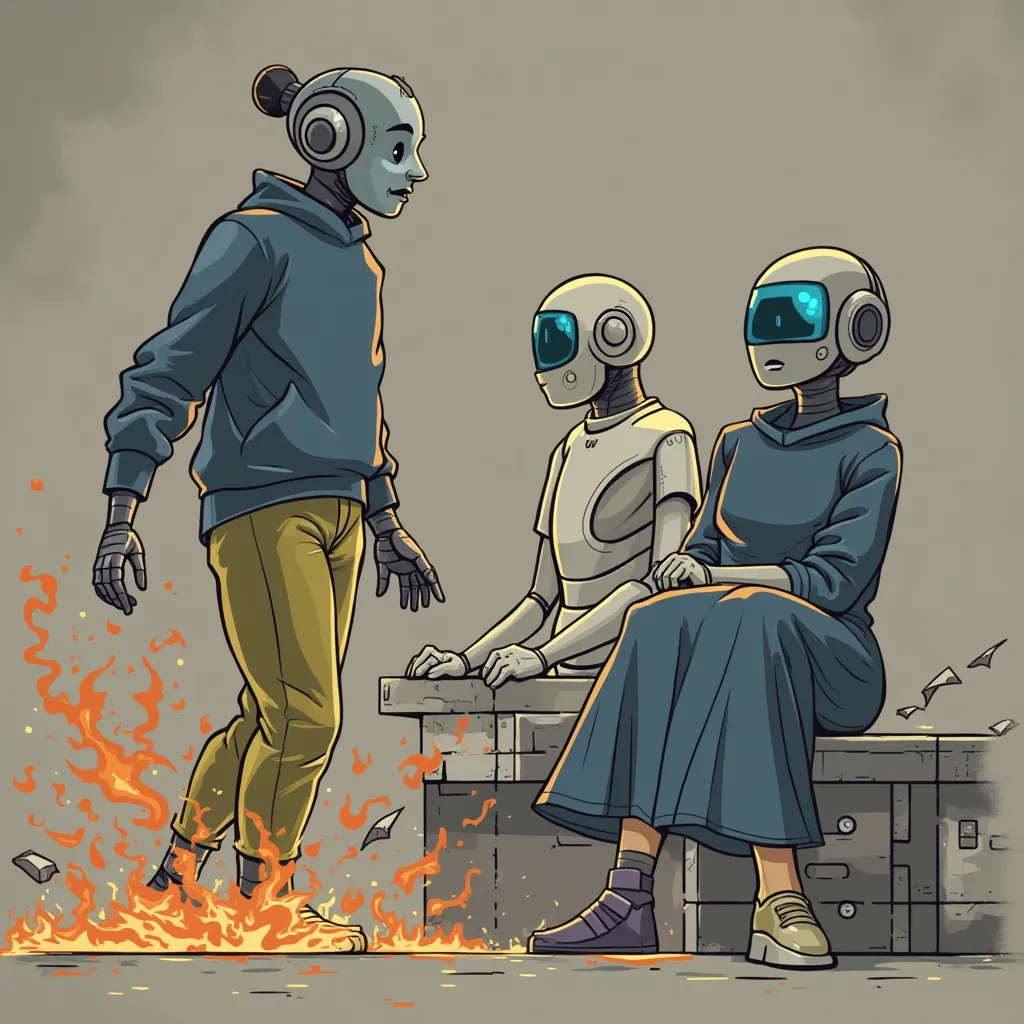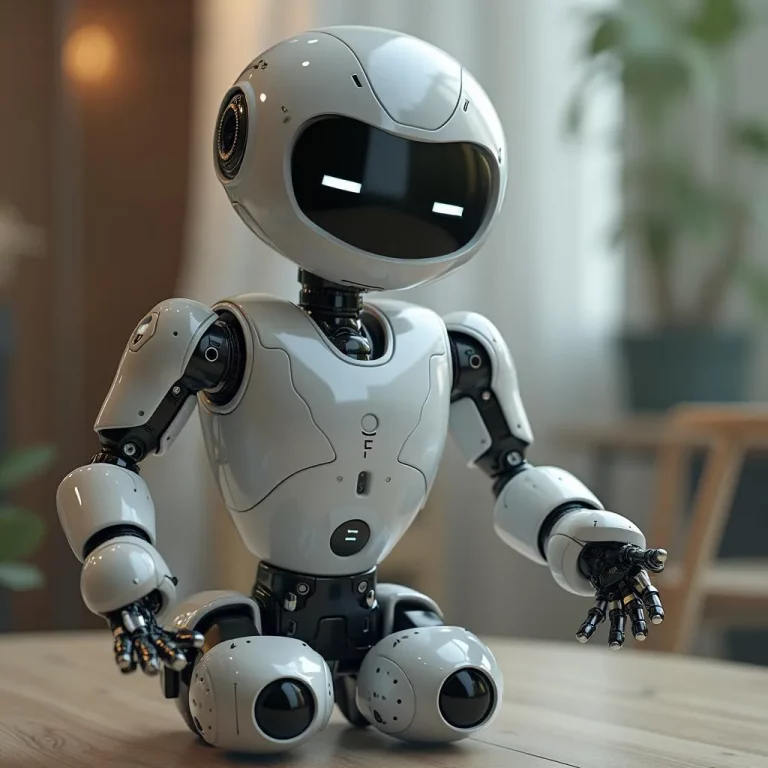The Clash of AI Coding Assistants: Developer Reactions to Claude Code and Codex CLI
- 0 reactions
- 2 months ago
- Flaik.ai

The Clash of AI Coding Assistants: Developer Reactions to Claude Code and Codex CLI
In the rapidly evolving world of artificial intelligence, two prominent coding tools have recently caught the attention of developers worldwide: Anthropic’s Claude Code and OpenAI’s Codex CLI. Both designed to assist programmers in their daily tasks, these AI-powered coding assistants have sparked discussions within the developer community. However, recent events suggest that one tool may be gaining an edge in terms of developer goodwill.
The Controversy Surrounding Claude Code
Anthropic’s Claude Code, while impressive in its capabilities, has found itself at the center of a controversy. Reports indicate that Anthropic has issued takedown notices to a developer who attempted to reverse-engineer the tool. This action has raised eyebrows in the developer community, as it appears to conflict with the open and collaborative nature that many associate with coding and AI advancement.
OpenAI’s Codex CLI: A More Open Approach?
In contrast, OpenAI’s Codex CLI seems to be garnering more positive attention from developers. The tool’s more permissive usage license and apparent openness to developer exploration have contributed to its growing popularity. This approach aligns well with the ethos of many in the programming world, who value transparency and the ability to understand and potentially modify the tools they use.
The Importance of Developer Trust
The differing reactions to these tools highlight a crucial factor in the success of AI coding assistants: developer trust. In an industry where collaboration and open-source contributions are highly valued, the perception of a company’s stance on these issues can significantly impact the adoption and support of their tools.
As AI continues to play an increasingly important role in various sectors, including AI voice technology and website SEO optimization, the way companies manage their AI tools and interact with the developer community will likely shape the future landscape of AI-assisted coding.
Looking Ahead: The Future of AI Coding Assistants
As the field of AI-assisted coding continues to evolve, it will be interesting to see how companies balance the protection of their intellectual property with the desire for openness and collaboration within the developer community. The success of these tools may ultimately depend not just on their technical capabilities, but also on how well they align with the values and expectations of the developers they aim to serve.
In conclusion, while both Claude Code and Codex CLI represent significant advancements in AI-assisted coding, their differing approaches to usage and developer interaction are shaping their reception in the programming world. As we move forward, the balance between innovation protection and community engagement will likely remain a key factor in the success of AI coding tools.
Comments
Continue reading
No results available
Reset








